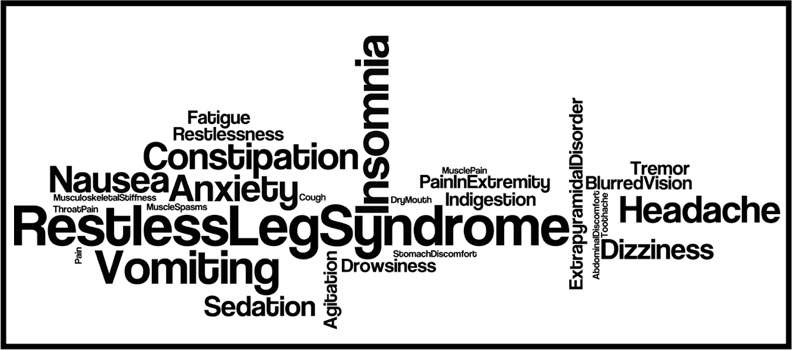A product that mentions any potential side effects may help drive sales, says new research published in a prestigious journal of the Association for Psychological Science called Psychological Science.
The researchers found that drug ads that warn consumers of potential side effects (such as nausea or cancer) can improve consumer opinion rather than scaring them away.
Psychological scientist Ziv Carmon of INSEAD in Singapore, said:
“Messages that warn consumers about potentially harmful side effects – presumably with the intent to nudge them to act more cautiously – can ironically backfire.”
Along with experts at New York University, Carmon examined how mentioning potential side effects affects consumer decision making.
Carmon said:
“We were struck by just how detailed, clear, and scary many warnings had become with regard to potential negative side effects of products. It then occurred to us that such warnings might perversely boost rather than detract from the appeal of the risky product.”
The study involved an experiment in which a group of participants saw an ad for a brand of cigarettes. One of the ads mentioned the side effects of smoking (lung cancer and heart disease) and another one did not.

Mentioning side effects eventually leads to greater sales.
Soon after watching the ads people who saw the ad mentioning all the warnings were less likely to buy the cigarettes compared to the others.
However, a few days after seeing the ad, those who saw the warnings were more likely to buy more cigarettes.
They had exactly the same results when the researchers did a similar experiment with artificial sweeteners instead of cigarettes.
The investigators say that the reason why the warnings backfire is because participants come to view those warnings as an indicator of the firm’s honesty.
Despite the conventional belief that warnings about severe side effects will make a person doubt taking the medication, these findings suggest otherwise.
The finding is important, because warnings accompany so many different types of products (not just drugs), such as medical procedures, financial investments, and sporting activities.
Carmon concluded:
“This effect may fly under the radar since people who try to protect the public -regulatory agencies, for example – tend to test the impact of a warning shortly after consumers are exposed to it. By doing so, they miss out on this worrisome delayed outcome.”
